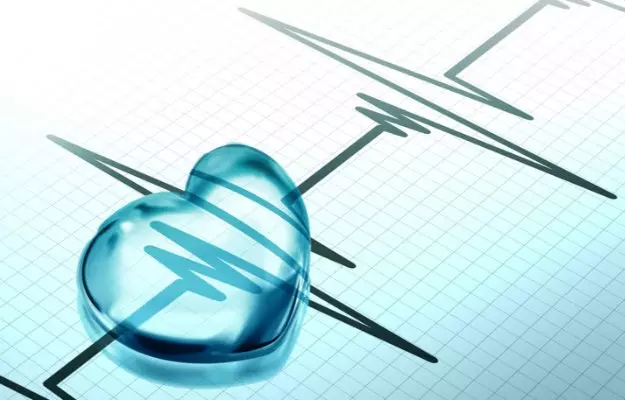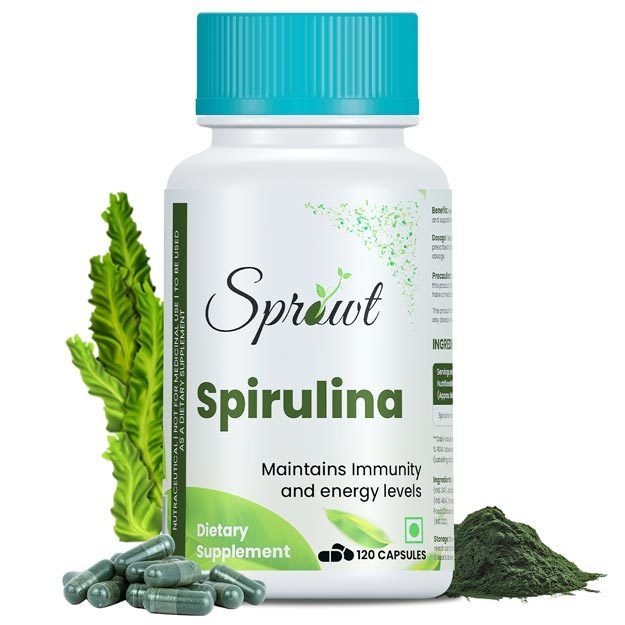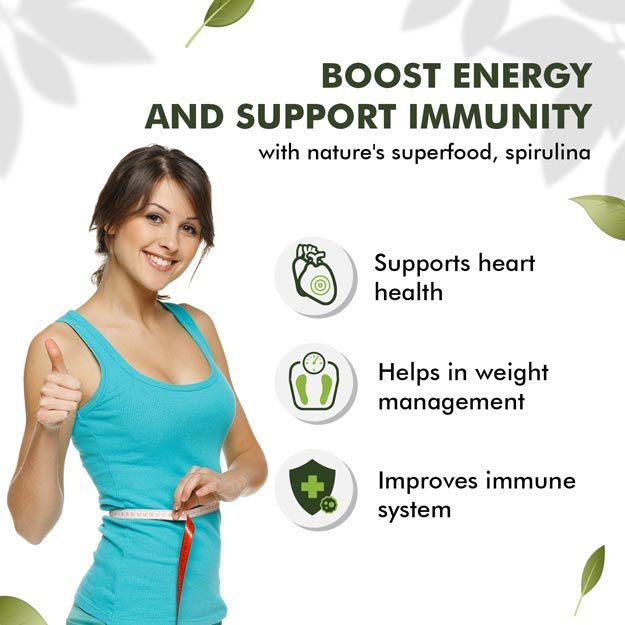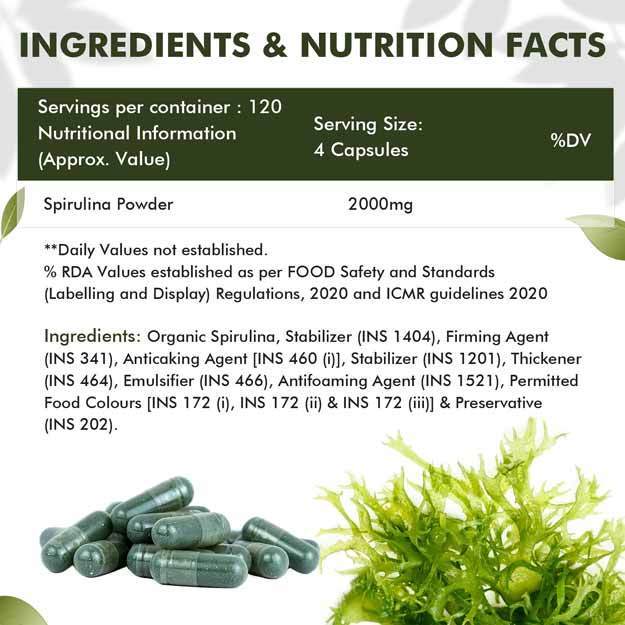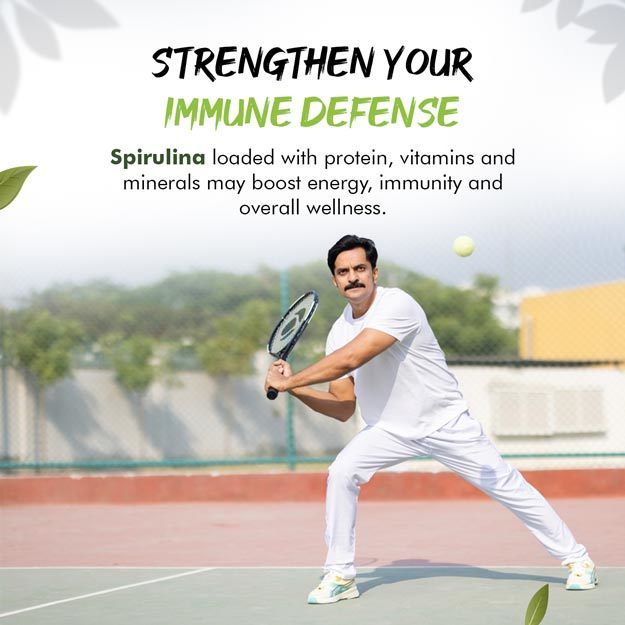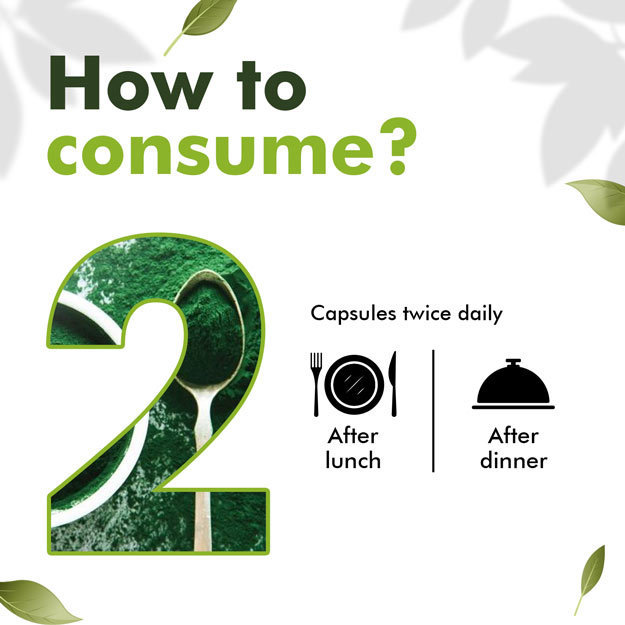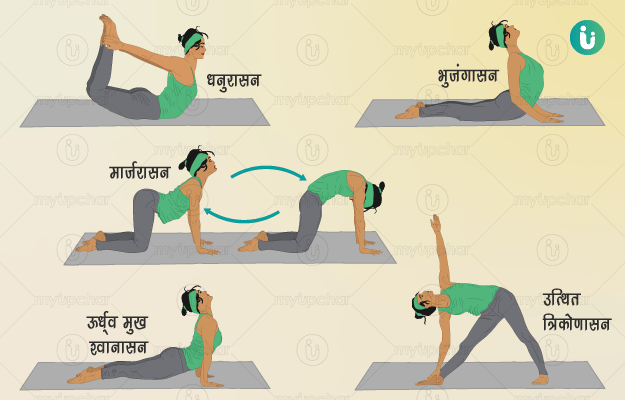A healthy human heart beats about 60 to 100 times per minute. In one heartbeat, the heart muscle contracts once, pumping blood throughout the body. Normally, each heartbeat is caused by an electrical signal that begins in the upper right chamber (right atrium) of the heart. These signals originate in a part of the atrium called the sinus node, a group of special cells called the atrium.
The electric signals then travel through the heart to the atrioventricular node (AV node), a group of special cells located in the center of the heart between the atria and the ventricles. The AV node is also called the electrical relay station because it slows down the electric signals before they travel to the lower chambers (ventricles) of the heart.
These electrical signals travel from the AV node to the ventricles, which are bundles of cardiac fibers built into the walls of the heart. These bundles of fibers are called AV bundles that split into two branches for each ventricle. These bundles conduct electrical impulses to the heart ventricles. When the signals reach the ventricles, blood is pumped to the body.
In a partial heart block, these electrical impulses that control the heartbeat are delayed or blocked, which makes it difficult for the heart to beat normally. Heart block occurs when the electrical signals stop completely. In such cases, the heart beats drop to as low as 40 beats per minute. Sometimes, heart block makes it difficult for the heart to pump blood through the circulatory system. It also affects the muscles and organs as they do not get enough oxygen needed to function.
Heart block can cause dizziness, fainting and nervousness. In some severe cases, heart block can also lead to heart failure. Heart block can also cause chest pain in case of sudden cardiac arrest. On the other hand, coronary heart disease can also occur when plaque builds up in the coronary arteries. This can cause angina (chest pain) or myocardial infarction (heart attack).
(Read more - Enlarged Heart)

